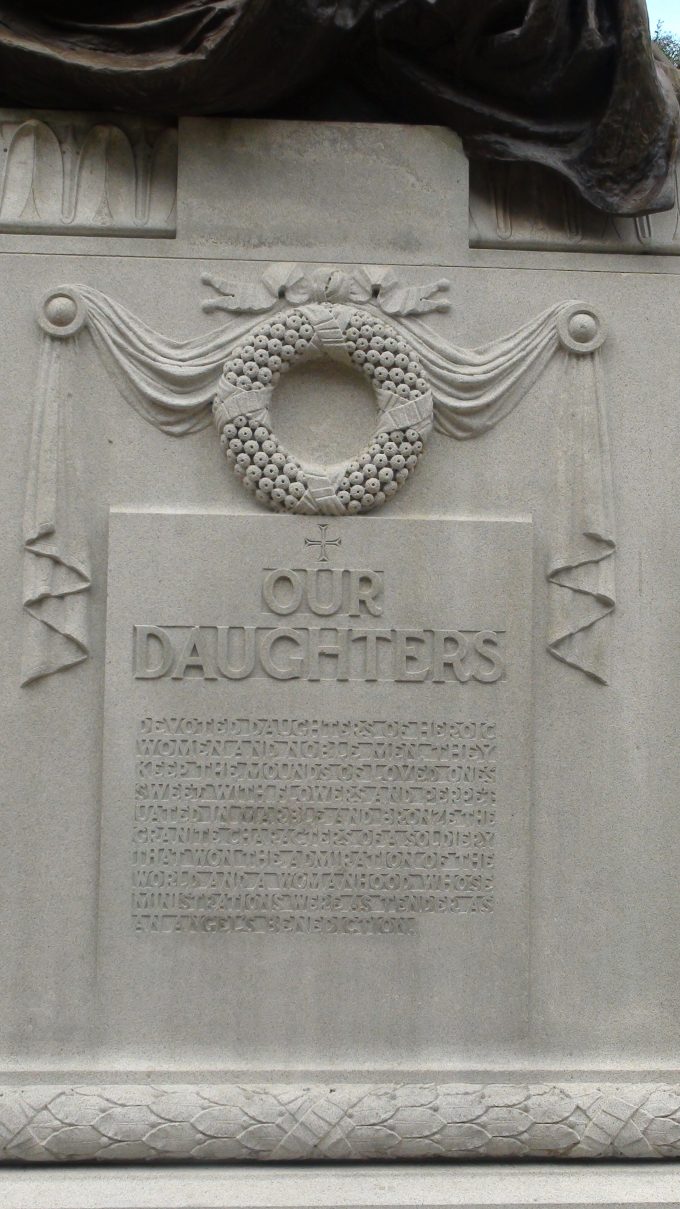
Friday, 20 October 2017
…nor did we eat anyone’s bread free of charge, but worked with labor and toil night and day, that we might not be a burden to any of you, 2 Thessalonians 3:8
These words are not just descriptive reminders, but they are instructive as well. Paul just said, “For you yourselves know how you ought to follow us.” By stating what they did, he is instructing what those in the church should do. He began that instruction by stating they were “not disorderly.” Now he continues in this verse with, “nor did we eat anyone’s bread free of charge.”
Paul and his companions didn’t just come to town, proclaim the gospel, and then say, “As your instructors, we hope you will provide for our means while we are among you preaching and teaching.” Instead, he uses a Hebraism – “eat anyone’s bread” – to show that they tended to their own basic needs. “Bread” here is used as a metaphor for that which sustains life. Not only did they shun pay for their instruction, they even refused to accept a gift (free of charge) for the most commonly needed of provision. Instead, they “worked with labor and toil night and day.”
They were willing to expend themselves for the sake of those they ministered to rather than accept what they were actually rightfully due. Elsewhere Paul says, “The laborer is worthy of his wages” (1 Timothy 5:8). He also says, “Let him who is taught the word share in all good things with him who teaches” (Galatians 6:6). However, it is obvious that Paul and his associates perceived that there was a streak of slothfulness in the Thessalonians which needed to be rebuked through living example. As Charles Ellicott notes, “There is a flavour of scorn in St. Paul’s disclaimer of such a parasite’s life.”
In order to quench this attitude among the Thessalonians, they worked all the more heartily, even night and day, in order to be living examples of how to conduct one’s affairs. This is all the more certain, because he and his associates were willing to receive pay at other churches (see 2 Corinthians 11:8). But for those churches which needed proper guidance in how to conduct life’s affairs, they would go the extra mile in being the right example. This was so “that we might not be a burden to any of you.”
In seeing this example, they would hopefully learn to rightly live as well. Instead of being freeloaders, they would learn hard work, industry, and making one’s own way in life. This will continue to be seen as Paul continues.
Life application: With the advent of liberal policies, and handouts from the government, being a freeloader has become an acceptable part of society. However, it is not an acceptable attitude according to the Bible. The book of Proverbs, in particular, has strong words against such people. They are leeches that need to be scraped off from the bloodied flesh they cling to, and they need to either fend for themselves, or suffer the consequences of their own idleness.
Lord God, You word teaches that each man is to be industrious, and to earn his own way. We are not to be freeloaders who rely on others, whether individuals or governments. It’s unfortunate that the policies of those in power have led to a generation of freeloaders and leeches. We would pray that this would change. If a man has two working hands and two working feet, he needs to be responsible for his own way in life, or he needs to be cut off as a pariah. You have made us to be industrious, and so help us to be just that. Honorably working in society – helpful to others, and glorifying of You. Amen.
